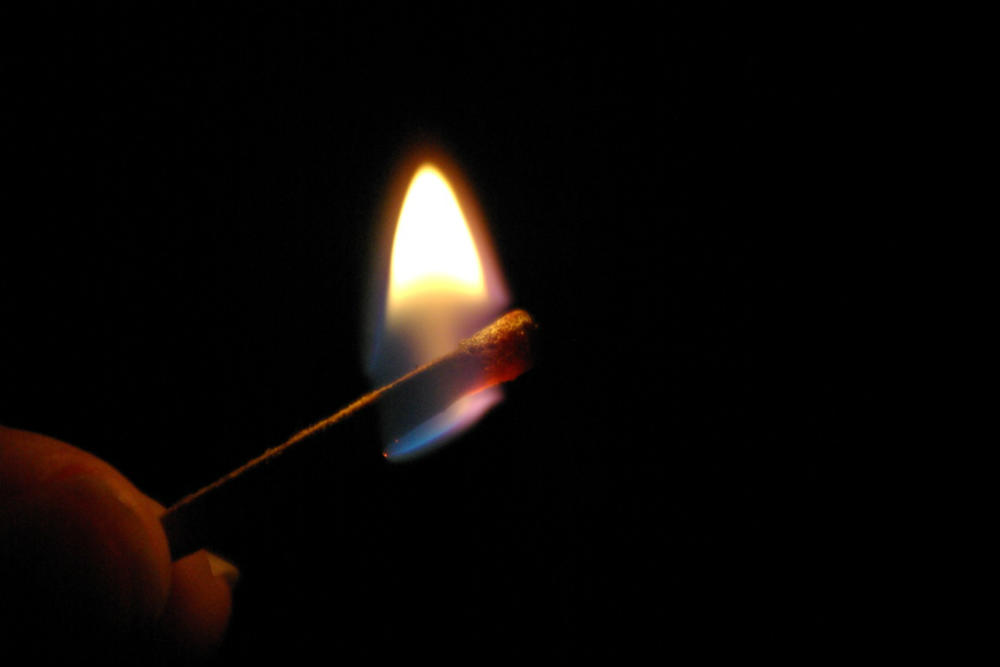 Severe storm conditions may threaten structural damage to your home, but they can also result in electrical hazards. These dangers are most often associated with the use of portable generators and space heaters, according to the Electrical Safety Foundation International (ESFI), and may exist long after the storm has ended if a power outage occurs.
Severe storm conditions may threaten structural damage to your home, but they can also result in electrical hazards. These dangers are most often associated with the use of portable generators and space heaters, according to the Electrical Safety Foundation International (ESFI), and may exist long after the storm has ended if a power outage occurs.
When operating a portable generator, keep in mind these tips:
• Do not operate a portable generator in your home, basement, or garage. Generators can very quickly produce high levels of carbon monoxide, which can be deadly.
• Be sure the generator is used with a ground fault circuit interrupter (GFCI) to help prevent electrocutions and electrical shock injuries.
• Do not connect generators directly to the household wiring without an appropriate transfer switch installed. The power from the generator can back-feed along power lines and harm anyone who
comes into contact with them, including utility line workers making repairs.
• Make sure there is at least one working carbon monoxide detector in your home. Test the batteries at least twice a year, at the same time smoke detector batteries are tested.
When operating a space heater, keep in mind these tips:
• Make sure your space heater has the label showing that it is listed by a recognized testing laboratory.
• Before using any space heater, read the manufacturer’s instructions and warning labels carefully.
• Inspect space heaters for cracked or broken plugs or loose connections before each use. If frayed, worn or damaged, do not use the heater.
• Never leave a space heater unattended. Turn it off when you’re leaving a room or going to sleep, and don’t let pets or children play too close to a space heater.
• Space heaters are only meant to provide supplemental heat and should never be used to warm bedding, cook food, dry clothing or thaw pipes.
• Proper placement of space heaters is critical. Heaters must be kept at least three feet away from anything that can burn, including papers, clothing and rugs.
• Place space heaters on level, flat surfaces. Never place heaters on cabinets, tables, furniture, or carpet, which can overheat and start a fire.
• Place space heaters out of high traffic areas and doorways, where they may pose a tripping hazard.
• Plug space heaters directly into a wall outlet. Do not use an extension cord or power strip, which could overheat and result in a fire.
• Do not plug any other electrical devices into the same outlet as the heater.
• Always unplug and safely store the heater when it is not in use.


